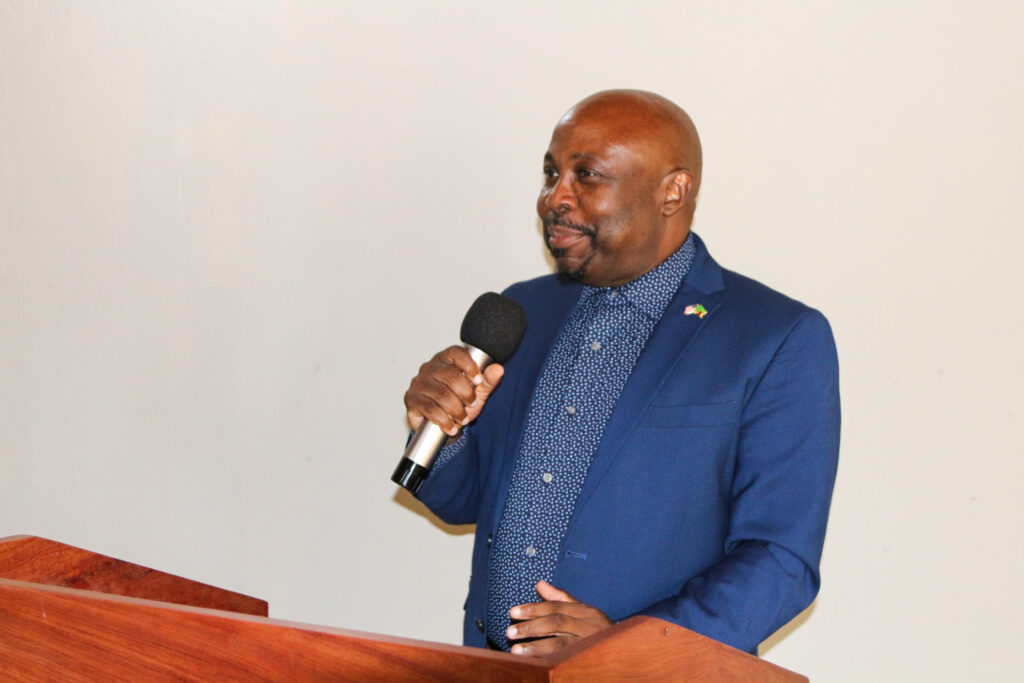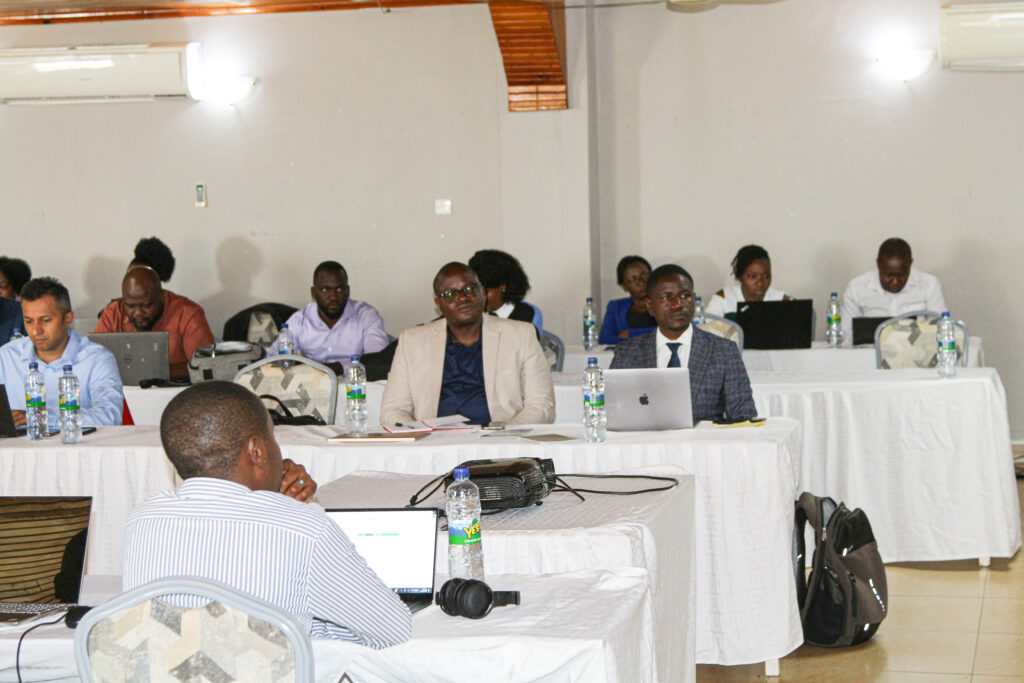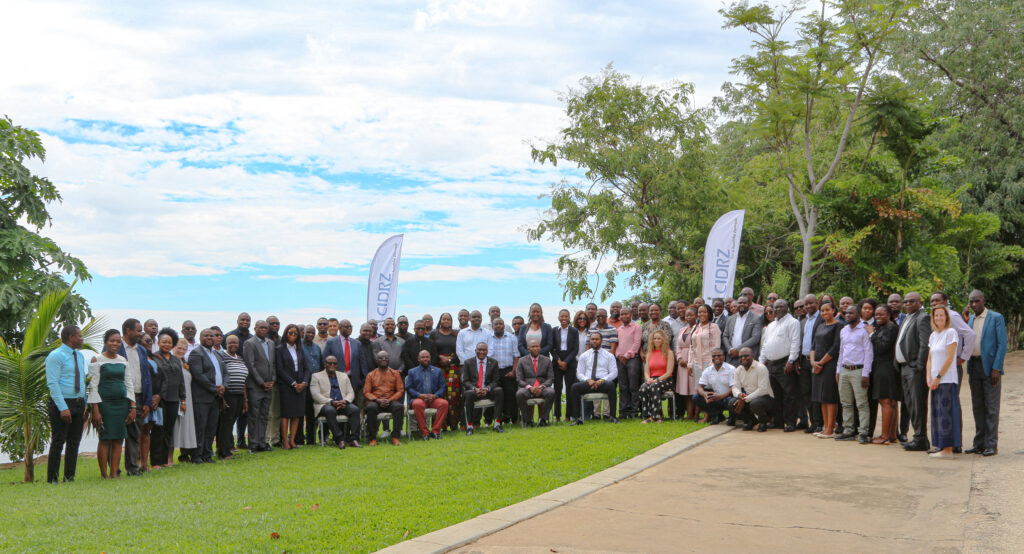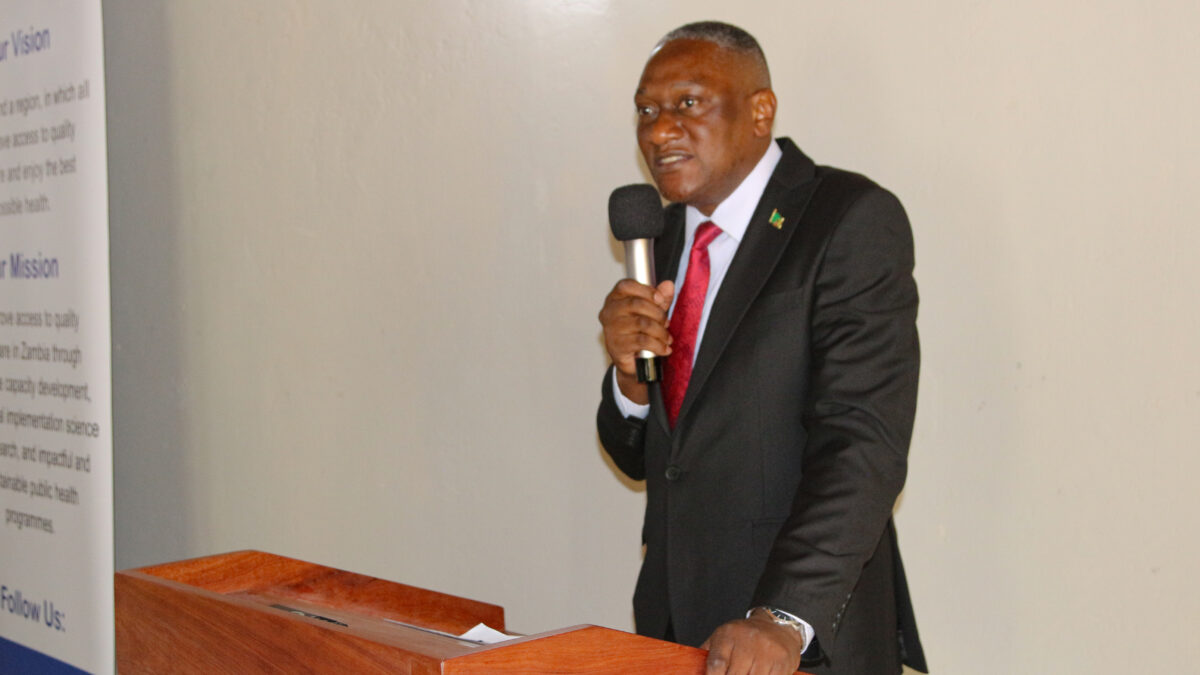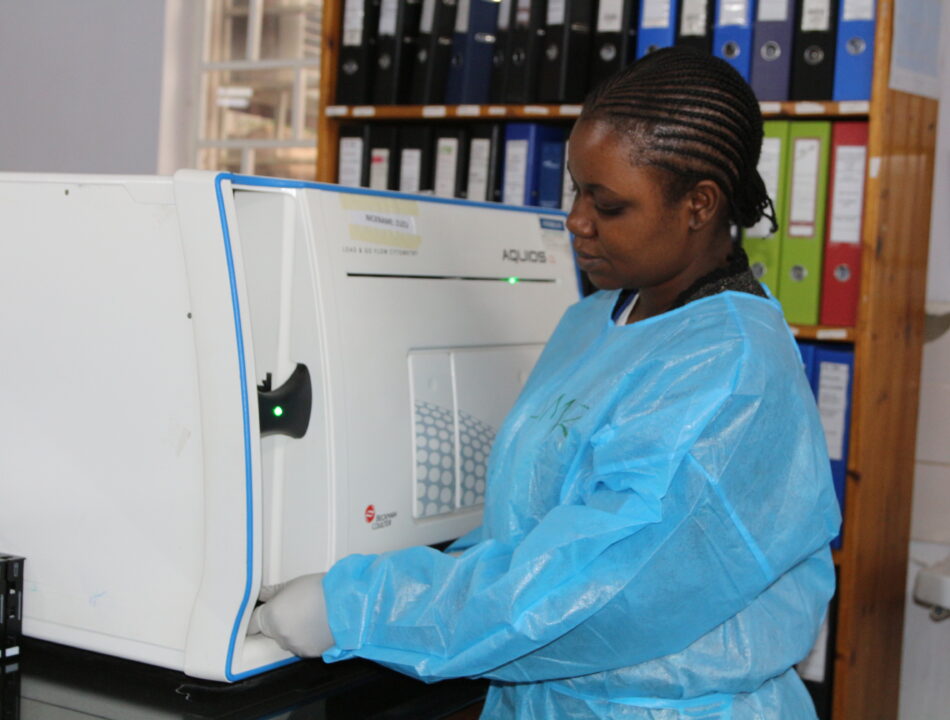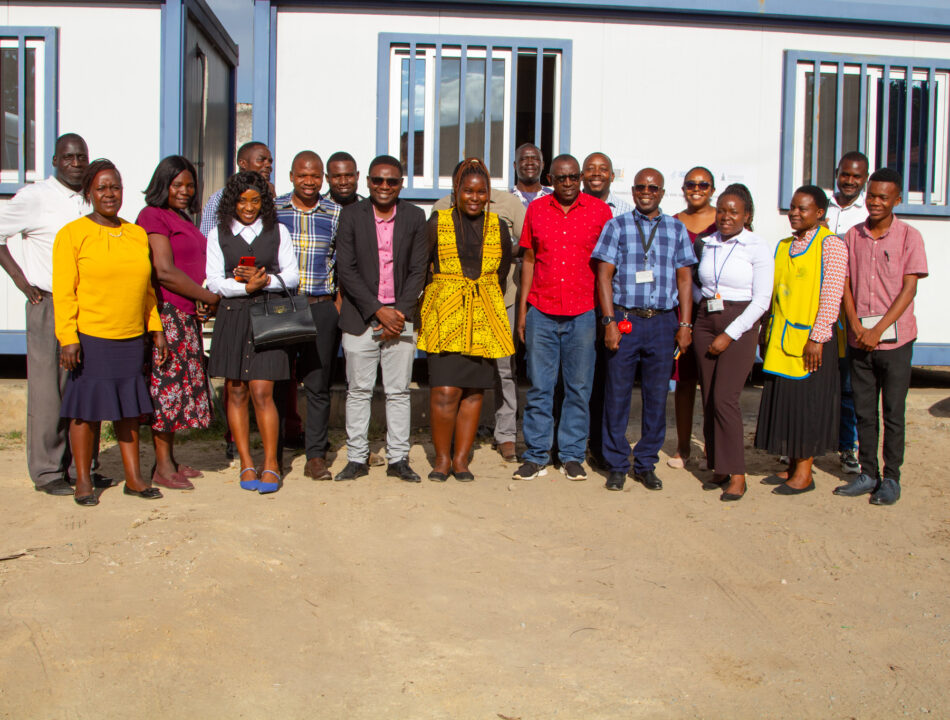Government Expresses Gratitude to CIDRZ and other Partners for Strengthening Zambia’s Health Systems

CIDRZ TRAILS Chief of Party Expresses Gratitude to CDC for Supporting Laboratory System Strengthening in Zambia.
January 9, 2025
Key Laboratory Stakeholders Adopt Nine Resolutions to Strengthen Zambian Lab Services
January 10, 2025Government Expresses Gratitude to CIDRZ and other Partners for Strengthening Zambia’s Health Systems
The Zambian government has expressed profound gratitude to the Centre for Infectious Disease Research in Zambia (CIDRZ) and other key partners for their unwavering support in strengthening the country’s health systems.
Ministry of Health Permanent Secretary for Technical Services, Dr Kennedy Lishimpi, acknowledged the significant role of numerous partners working within the Ministry of Health’s laboratory space, expressing his sincere appreciation for their invaluable assistance.
“The progress we have witnessed, particularly in the laboratory sector, would not have been possible without your dedicated support,” Dr Lishimpi emphasised.
Dr Lishimpi highlighted the instrumental role of both technical and financial support from these partners in driving advancements within Zambia’s laboratory sector, ultimately enabling the Ministry to convene this crucial meeting.
He challenged the assembled laboratory experts and scientists to spearhead a complete transformation of laboratory services through the strategic utilisation of Information and Communication Technologies (ICT).
“I challenge you to ensure that every laboratory in Zambia is equipped with Laboratory Information management System such as DISA and integrated with Smartcare Pro,” Dr Lishimpi stated, emphasising the importance of modernising laboratory infrastructure.
Dr Lishimpi said this when he officially opened the Country Operation Plan for year 2025 (COP25) Laboratory Planning and Consultative Meeting organised by the Ministry of Health in collaboration with CIDRZ’s Transitioning and Integrating Laboratory Services (TRAILS) project and funded by the US Centers for Disease Control and Prevention CDC Zambia in Siavonga.
Meanwhile, CDC Laboratory Branch Chief Dr Thomas Stevens echoed the sentiment of partnership, emphasising the US government’s commitment to its enduring collaboration with Zambia in the healthcare sector.
“Strong laboratory systems are critical for both clinical care and health security. This is why we have made it a priority to invest in strengthening government-led laboratory systems and networks”, Dr Stevens stated.
He highlighted CDC’s significant investments, exceeding 50 million US dollars over the past five years, in areas such as testing, training, backup power, laboratory equipment, infrastructure, quality management systems, and biosafety and biosecurity.
Dr Stevens emphasised that the continued partnership between CDC, the Ministry of Health, and other organisations is paramount for achieving the Sustainable Development Goals and ensuring universal health coverage for all Zambians.
